What treatment
10+ Highly Rated Stem Cell Treatment for Autism Clinics in Mexico
Reach Out to These Certified Stem Cell Treatment for Autism Clinics List in Mexico Loved by Patients!
LONVIDA - Regenerative Medicine in Mexico City
Overview
Discover advanced stem cell treatments in Mexico City at Lonvida Wellness and Longevity Center. Offering regenerative medicine, and wellness care.
Read more details
MexStemCells Clinic
Overview
MexStemCells Clinic, based in Mexico City, has over 20 years of experience providing top-quality stem cell therapy. MexStemCells is among Top 5 Clinics in Mexico for stem cells.
Read more details
Stem Health Guadalajara
Overview
Stem Health Clinic, based in Guadalajara, Jalisco, Mexico, brings over 10 years of experience in regenerative medicine, specializing in the use of mesenchymal stem cells. Get Quote Free!
Read more details
Aura Regenerative Center
Overview
Aura Regenerative Center offers advanced stem cell therapy in Monterrey with personalized regenerative treatments led by experienced medical professionals.
Read more details
Discover your treatment options with a free, no-obligation quote!
Get your quote now!CellsTime Clinique Guadalajara
Overview
Visit CellsTime Clinique in Guadalajara, Mexico, for cutting-edge Stem Cell Therapy solutions for diabetes, autism, lupus, and other health conditions!
Read more details
Clinica MER Cancun
Overview
Experience cutting-edge stem cell therapy at Clinica MER in Cancun, Mexico. Led by Dr. Adriana Gudiño Reyes, offering expert regenerative treatments.
Read more details
Instituto de Terapia Celular - Stem Cell Guadalajara Mexico
Overview
Find hope with Stem Cell Guadalajara Mexico at Instituto de Terapia Celular. Personalized MSC therapy for autism, joint pain, anti-aging & nerve health.
Read more details
Limphocare by Limphocite - Stem Cell Clinic in Tijuana
Overview
Discover Limphocare by Limphocite, a trusted stem cell clinic in Tijuana offering advanced regenerative treatments tailored for patient care, and recovery.
Read more details
Discover your treatment options with a free, no-obligation quote!
Get your quote now!Quantum Biohack - Stem Cell Therapy Playa del Carmen
Overview
Quantum Biohack offers licensed stem cell therapy in Playa del Carmen with personalized regenerative and longevity treatments under medical supervision.
Read more details
Stem Solutions
Overview
Stem Solutions in San Pedro Garza Garcia Mexico offers advanced stem cell therapies for autism, autoimmune diseases, neurological disorders & sports medicine.
Read more details
CellsTime Clinique Puerto Vallarta
Overview
Discover CellsTime Clinique in Puerto Vallarta, Mexico, offering innovative Stem Cell Therapy for various conditions. Your path to improvement starts here!
Read more detailsPain Medical Group
Overview
Top Center for Stem Cell Therapy & Pain Management in Juarez, Mexico. Partnered with Pain Medical Group for comprehensive care & innovative solutions.
Read more detailsCellsClinic
Overview
CellsClinic is the best Hospital in San Pedro Garza Garcia, Mexico for regenerative medicines. They help thousands of people who suffer from chronic degenerative diseases, autoimmune diseases, joint injuries, cerebrovascular accidents, cancer patients.
Read more detailsCellsTime Clinique Tijuana
Overview
Discover CellsTime Clinique in the best zone of Tijuana, Mexico. Your premier destination for advanced Stem Cell Therapy for over 80 conditions! - Transportation from San Diego.
Read more detailsCélulas Madre Dr. Juan Manuel Ortega van Beusekom
Overview
Dr. Juan Manuel Ortega van Beusekom is the best doctor for Stem Cell Therapy in Mexico City, Mexico. Book Regenerative Therapy from top rated clinic now!
Read more detailsCORE Regenerative Orthopedic Center
Overview
Discover CORE, Leading Regenerative Orthopedic Center in Queretaro, Mexico. Specializing in cutting-edge treatments for orthopedic injuries and trauma.
Read more detailsCostamed Medical Group
Overview
Looking for top-notch medical care in Mexico? Costamed offers exceptional services, specializing in dental, cosmetic, and bariatric surgery in Playa del Carmen.
Read more detailsNES Regenerative Medicine Clinic
Overview
NES Regenerative Medicine offers innovative treatments for various medical conditions in Juarez, Chihuahua, Mexico. Experience top regenerative medicine today.
Read more detailsNucleo V
Overview
Núcleo V clinic in Ciudad Juarez, Mexico, provides high-quality gynecology treatment and stem cell therapy at affordable prices to patients around the world.
Read more detailsProgencell - Stem Cell Therapies
Overview
ProgenCell, located in Tijuana, Mexico, offers stem cell treatment with great results for ophthalmic, immunologic, neurological and metabolic diseases, along with knee injuries and Anti-aging treatments.
Read more detailsWhich are the best clinics for Stem Cell Treatment for Autism in Mexico?
When seeking top Stem Cell Treatment for Autism clinics in Mexico, look for facilities with high patient satisfaction and specialized experience. Highly-rated options include LONVIDA in Mexico City, MexStemCells Clinic also in Mexico City, Stem Health Guadalajara, VISANI® Stem Cells in Puebla, Cabo Stem Cell Center in Cabo San Lucas, CellsTime Clinique Guadalajara, Clinica MER Cancun, Instituto de Terapia Celular, Limphocare by Limphocite in Tijuana, Progencell - Stem Cell Therapies in Tijuana, and Stem Solutions in Monterrey. These clinics often highlight regenerative therapies and personalized patient journeys.
Several clinics across Mexico stand out for their commitment to Stem Cell Treatment for Autism, focusing on patient safety, innovative therapies, and positive outcomes. When considering where to seek care, it's wise to review their unique offerings and patient feedback.
- LONVIDA - Regenerative Medicine in Mexico City: Known for advanced regenerative medicine and wellness care with a 100% patient recommendation rate.
- MexStemCells Clinic (Mexico City): Offers extensive experience in stem cell therapy, frequently cited among top clinics in the region for various conditions.
- Stem Health Guadalajara: Specializes in mesenchymal stem cell applications with over a decade of experience in regenerative medicine.
- VISANI® Stem Cells (Puebla): A high-specialty center providing stem cell and exosome treatments, focusing on regenerative and longevity solutions.
- Cabo Stem Cell Center (Cabo San Lucas): Offers diverse stem cell therapies, including treatments for autism, osteoarthritis, and anti-aging.
- CellsTime Clinique Guadalajara: Delivers cutting-edge stem cell therapy solutions for various conditions including autism, with high patient satisfaction.
- Clinica MER Cancun: Features expert regenerative treatments led by experienced specialists, emphasizing personalized care.
- Instituto de Terapia Celular (Guadalajara/Tijuana): Provides personalized MSC therapy for neurological health, joint pain, anti-aging, and autism.
- Limphocare by Limphocite (Tijuana): Focuses on advanced regenerative treatments with a commitment to patient care and recovery.
- Progencell - Stem Cell Therapies (Tijuana): Offers a wide range of stem cell treatments, including those for neurological and immunological diseases, with strong patient testimonials.
How do I verify the credentials of a Stem Cell Treatment for Autism clinic in Mexico?
To verify clinic credentials in Mexico for Stem Cell Treatment for Autism, prioritize official accreditation from bodies like COFEPRIS (Mexico's equivalent of the FDA). Always check for board certifications of their medical team and affiliations with international medical associations. Look for transparent reporting of clinical outcomes and patient safety protocols.
Verifying a clinic's credentials is a critical step in ensuring safe and effective Stem Cell Treatment for Autism. In Mexico, clinics should ideally be regulated by the Federal Commission for the Protection against Sanitary Risks (COFEPRIS). This agency ensures medical facilities adhere to national health standards.
- Accreditation and Licensing: Confirm that the clinic holds a valid operating license issued by Mexican health authorities and any specific accreditations for advanced therapies.
- Physician Qualifications: Inquire about the doctors' specialized training in regenerative medicine, their board certifications, and their experience specifically with autism patients.
- Laboratory Standards: Ensure the clinic partners with or operates a laboratory that follows Good Manufacturing Practices (GMP) for stem cell processing to guarantee cell quality and safety.
- Patient Safety Protocols: A reputable clinic will have robust protocols for patient screening, treatment administration, and managing any potential adverse events.
- Transparency: Look for clinics that are transparent about their procedures, expected outcomes, and statistical success rates, rather than making unverified claims.
- Advanced Laboratories: A dedicated, state-of-the-art laboratory for stem cell culture, expansion, and quality control is essential. This lab should ideally be GMP-certified.
- Sterile Treatment Environments: Clinics must maintain sterile operating rooms or procedure suites for administering stem cells to minimize infection risks.
- Diagnostic Imaging: Access to advanced diagnostic tools like MRI or specialized brain mapping can help assess a child's condition and monitor neurological changes post-treatment.
- Cryopreservation Units: If the treatment involves storing stem cells for future use, ensure the clinic has reliable cryopreservation technology.
- Patient Monitoring Systems: Modern clinics utilize sophisticated monitoring equipment during and after procedures to ensure patient safety and track vital signs effectively.
- Rehabilitation and Supportive Therapies: Some clinics integrate adjunctive therapies like hyperbaric oxygen therapy, physiotherapy, or speech therapy, which can enhance the overall treatment outcome.
- Travel and Logistics Assistance: Many clinics help with travel arrangements, including booking flights, arranging airport pickups and drop-offs, and coordinating local transportation.
- Accommodation Support: Clinics often assist in finding suitable accommodations, ranging from hotels to apartments, ensuring comfort for the child and accompanying family members.
- Language and Communication: Bilingual staff and professional translators are commonly available to ensure clear communication between the medical team and patients.
- Patient Coordinators: Dedicated patient coordinators guide families through every step of the process, from initial inquiry to post-treatment follow-up.
- Nutritional and Dietary Guidance: Specialized dietary plans and nutritional support are often provided, as diet can play a significant role in managing autism symptoms.
- Integrated Therapies: Some clinics offer or coordinate access to complementary therapies like speech therapy, occupational therapy, or behavioral intervention programs.
- Emotional Support: Recognizing the emotional toll, some facilities provide resources for psychological and emotional support for families.
- Comprehensive Initial Evaluation: This involves a thorough review of the child’s medical history, current symptoms, developmental milestones, and previous therapies. Detailed diagnostic tests, including blood work, genetic screening, and neurological assessments, are conducted.
- Individualized Protocol Design: Based on the evaluation results, the medical team customizes the treatment protocol. This includes determining the most appropriate type and source of stem cells (e.g., umbilical cord-derived MSCs), the optimal cell dosage, and the specific method of administration (e.g., IV infusion, intrathecal injection).
- Family Involvement: Parents and caregivers are actively involved in the discussion to understand the treatment rationale, potential benefits, and realistic expectations. The child’s specific challenges and goals are taken into account.
- Integrated Approach: Many clinics incorporate supportive therapies alongside stem cell infusions, such as specialized diets, detoxification protocols, hyperbaric oxygen therapy, or recommendations for ongoing behavioral and educational therapies to maximize potential improvements.
- Ongoing Monitoring and Adjustments: Treatment plans are not static; they often involve scheduled follow-ups to monitor progress and make necessary adjustments to supportive care, ensuring the approach remains responsive to the child’s evolving needs.
- Medical History Review: The medical team will meticulously go over all existing medical records, including previous diagnoses, treatments, medications, and developmental history.
- New Diagnostic Tests: Additional blood tests, genetic screenings, neurological assessments, or imaging scans might be ordered to get the most current and complete picture of the child's health.
- In-depth Discussion: You'll have a detailed conversation with specialists about the child's specific autism symptoms, developmental challenges, and family's treatment goals. This is a time to ask all your questions and express any concerns.
- Treatment Options Explained: The medical team will present potential stem cell therapy protocols, including the type of cells used (e.g., MSCs), their source, the proposed dosage, and methods of administration (e.g., IV, intrathecal).
- Realistic Expectations: Clinics should provide a clear understanding of what outcomes can realistically be expected, emphasizing that stem cell therapy is not a cure but aims to improve specific symptoms and overall quality of life.
- Logistical Information: Details regarding the treatment timeline, duration of stay, and other practical aspects of the medical journey will also be discussed.
- Regulatory Compliance: Adherence to national regulations set by COFEPRIS (Federal Commission for the Protection against Sanitary Risks) and often international guidelines is crucial for ensuring safe medical practices.
- Ethical Sourcing of Cells: Stem cells, particularly allogeneic mesenchymal stem cells (MSCs) from umbilical cord tissue, are sourced ethically from screened donors and undergo extensive testing for infectious diseases.
- GMP-Certified Laboratories: All cell processing and expansion take place in highly controlled, Good Manufacturing Practice (GMP)-certified laboratories, ensuring cell purity, potency, and freedom from contamination.
- Sterile Environments: Procedures are performed in sterile, clinical settings to prevent infections, including dedicated operating rooms or specialized treatment suites.
- Comprehensive Patient Screening: Before treatment, patients undergo thorough medical evaluations to ensure they are suitable candidates and to identify any contraindications.
- Continuous Monitoring: Patients are closely monitored by qualified medical staff throughout the treatment process and during the immediate post-procedure period to detect and manage any potential side effects or complications promptly.
- Informed Consent: Patients and their guardians receive comprehensive information about the treatment, including potential risks and benefits, to provide fully informed consent.
- Regulatory Compliance: Adhering to national medical laws and guidelines set by COFEPRIS helps ensure treatments are offered responsibly and legally.
- Transparency and Honesty: Clinics should provide clear, understandable information about the stem cell therapies, including benefits, risks, limitations, and alternatives, without making exaggerated or unproven claims.
- Informed Consent: A robust informed consent process ensures that patients and their families fully understand the treatment plan, including the nature of the cells, procedures, and potential outcomes, before making a decision.
- Ethical Sourcing of Stem Cells: If allogeneic cells (from donors) are used, they must be sourced ethically, with proper donor screening and consent, and processed in accredited facilities.
- Patient-Centered Care: The focus should always be on the individual patient's well-being and best interests, with treatment decisions made collaboratively between the medical team and the family.
- Professional Conduct: Medical staff and administrators are expected to uphold high standards of professionalism, respect patient privacy, and avoid any conflicts of interest.
- Realistic Expectations: Ethical clinics manage expectations by clearly stating that stem cell therapy is not a cure for autism but a treatment aimed at alleviating specific symptoms and improving quality of life.
- Scheduled Follow-up Consultations: Clinics typically schedule follow-up appointments, often conducted remotely via telemedicine, to monitor the child's progress over several weeks, months, or even a year post-treatment.
- Progress Assessments: These follow-ups involve evaluating changes in symptoms, developmental milestones, communication skills, social interactions, and overall well-being. Parents are encouraged to share detailed observations.
- Continued Therapy Recommendations: Clinics provide guidance on integrating and continuing supportive therapies, such as speech therapy, occupational therapy, applied behavior analysis (ABA), or educational programs, which are vital for reinforcing any gains made.
- Nutritional and Lifestyle Advice: Personalized recommendations for diet, supplements, sleep hygiene, and physical activity are often part of the long-term support plan, as these factors can significantly impact neurological and immune health.
- Access to Medical Team: Patients and families usually have access to the medical team for questions or concerns that may arise during the recovery and integration period.
- Data Collection for Improvement: Some clinics gather anonymous long-term data to further understand the efficacy of their protocols and contribute to the broader knowledge of autism and regenerative medicine.
- Supportive Resources: Patients may receive access to educational materials, online communities, or other resources to support them in managing their child's ongoing development.
- Multilingual Staff: A significant number of clinics employ staff who are fluent in both Spanish and English, and sometimes other languages, ensuring clear communication throughout the patient's journey.
- International Patient Departments: Dedicated departments or coordinators assist international patients with everything from initial inquiries to post-treatment follow-up, acting as a single point of contact.
- Travel and Logistics Support: This often includes assistance with visa applications, arranging airport transportation, coordinating local travel, and helping with accommodation bookings.
- Cultural Sensitivity: Clinics are often experienced in working with patients from diverse cultural backgrounds, aiming to provide a comforting and respectful environment.
- Telemedicine Capabilities: Initial consultations and follow-up appointments are frequently offered via video conferencing, making it convenient for international patients to connect with specialists without repeated travel.
- Payment Processing: Facilities typically offer various secure payment options for international transactions, clarifying billing procedures upfront.
- Patient Education Materials: Information about treatments, clinic policies, and local guidelines are often available in multiple languages to empower patients to make informed decisions.
What specific facilities and technologies should I look for in a Mexican Stem Cell Autism clinic?
When evaluating a Mexican Stem Cell Treatment for Autism clinic, look for state-of-the-art facilities with specialized laboratories for cell processing, sterile treatment rooms, and advanced diagnostic equipment. Key technologies include flow cytometry for cell analysis, cryopreservation systems for cell storage, and modern imaging tools to monitor patient progress.
The quality of a clinic's facilities and technology directly impacts the safety and efficacy of Stem Cell Treatment for Autism. Patients should investigate these aspects thoroughly.
What supportive services are typically offered by Stem Cell Treatment for Autism clinics in Mexico?
Mexican Stem Cell Treatment for Autism clinics often provide comprehensive supportive services to assist international patients, including travel coordination, airport transfers, translation services, and local accommodation arrangements. Many also offer post-treatment support such as dietary guidance, rehabilitation coordination, and long-term follow-up consultations to ensure a smooth and holistic patient journey.
Beyond the medical procedure itself, supportive services are crucial for a positive and stress-free experience, especially for families traveling internationally for Stem Cell Treatment for Autism.
How do Mexican Stem Cell Treatment for Autism clinics personalize treatment plans?
Mexican Stem Cell Treatment for Autism clinics personalize plans through a detailed initial evaluation, including comprehensive medical history, diagnostic tests, and discussions with the family. They assess each child's unique symptoms, developmental stage, and genetic factors to tailor cell types, dosages, and administration methods for optimal results, often integrating complementary therapies.
Personalized care is paramount in Stem Cell Treatment for Autism, as every child on the spectrum presents with unique needs and challenges. Reputable clinics in Mexico understand this and tailor their approach accordingly.
What should be expected during the initial consultation at a Stem Cell Treatment for Autism clinic in Mexico?
During an initial consultation at a Stem Cell Treatment for Autism clinic in Mexico, expect a thorough review of medical records, new diagnostic tests, and an in-depth discussion about the child's condition and family goals. The specialists will outline potential treatment protocols, cell sources, expected outcomes, and answer all questions, preparing families for a well-informed decision.
The initial consultation is a crucial first step for families considering Stem Cell Treatment for Autism in Mexico. It's designed to gather comprehensive information and set realistic expectations.
What safety measures are implemented by Stem Cell Treatment for Autism clinics in Mexico?
Reputable Stem Cell Treatment for Autism clinics in Mexico prioritize patient safety by adhering to strict national and international medical guidelines, including COFEPRIS regulations. They use rigorously screened, ethically sourced cells from GMP-certified laboratories, maintain sterile environments, and implement comprehensive patient monitoring during and after procedures to minimize risks and ensure high-quality care.
Patient safety is paramount, especially when dealing with advanced therapies like Stem Cell Treatment for Autism. Top clinics in Mexico implement a range of stringent measures.
How do Stem Cell Treatment for Autism clinics in Mexico ensure ethical practices?
Ethical practices at Stem Cell Treatment for Autism clinics in Mexico are ensured through strict adherence to national health regulations, transparent patient communication, and rigorous informed consent processes. They use ethically sourced and extensively screened stem cells, avoid unsubstantiated claims, and prioritize patient well-being over commercial interests, focusing on providing realistic expectations for regenerative therapies.
Ensuring ethical practices is fundamental for any healthcare provider, especially in a specialized and evolving field like Stem Cell Treatment for Autism. Clinics in Mexico committed to high standards follow several key principles:
What post-treatment follow-up and long-term support do Stem Cell Treatment for Autism clinics offer in Mexico?
Leading Stem Cell Treatment for Autism clinics in Mexico offer structured post-treatment follow-up, typically through remote consultations and progress assessments over several months. They provide personalized guidance on continued therapies, lifestyle adjustments, and nutritional support, ensuring ongoing monitoring and a comprehensive long-term care plan to maximize and sustain potential improvements in the child's development.
Effective post-treatment care and long-term support are crucial for maximizing the potential benefits of Stem Cell Treatment for Autism. Reputable clinics in Mexico understand that the journey doesn't end after the final infusion.
Are Stem Cell Treatment for Autism clinics in Mexico equipped to handle international patients?
Yes, many Stem Cell Treatment for Autism clinics in Mexico are well-equipped to serve international patients. They offer multilingual staff, assistance with travel logistics (including airport transfers and accommodation), visa guidance, and comprehensive patient coordination services to ensure a seamless and supportive experience for families traveling from abroad.
Mexico has become a popular destination for medical tourism, and many of its Stem Cell Treatment for Autism clinics have specifically developed infrastructure and services to cater to international patients.












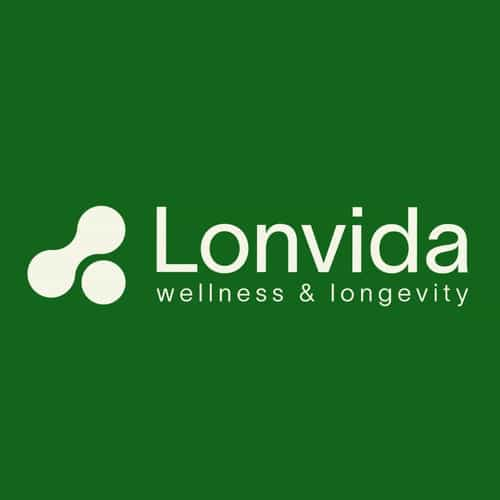
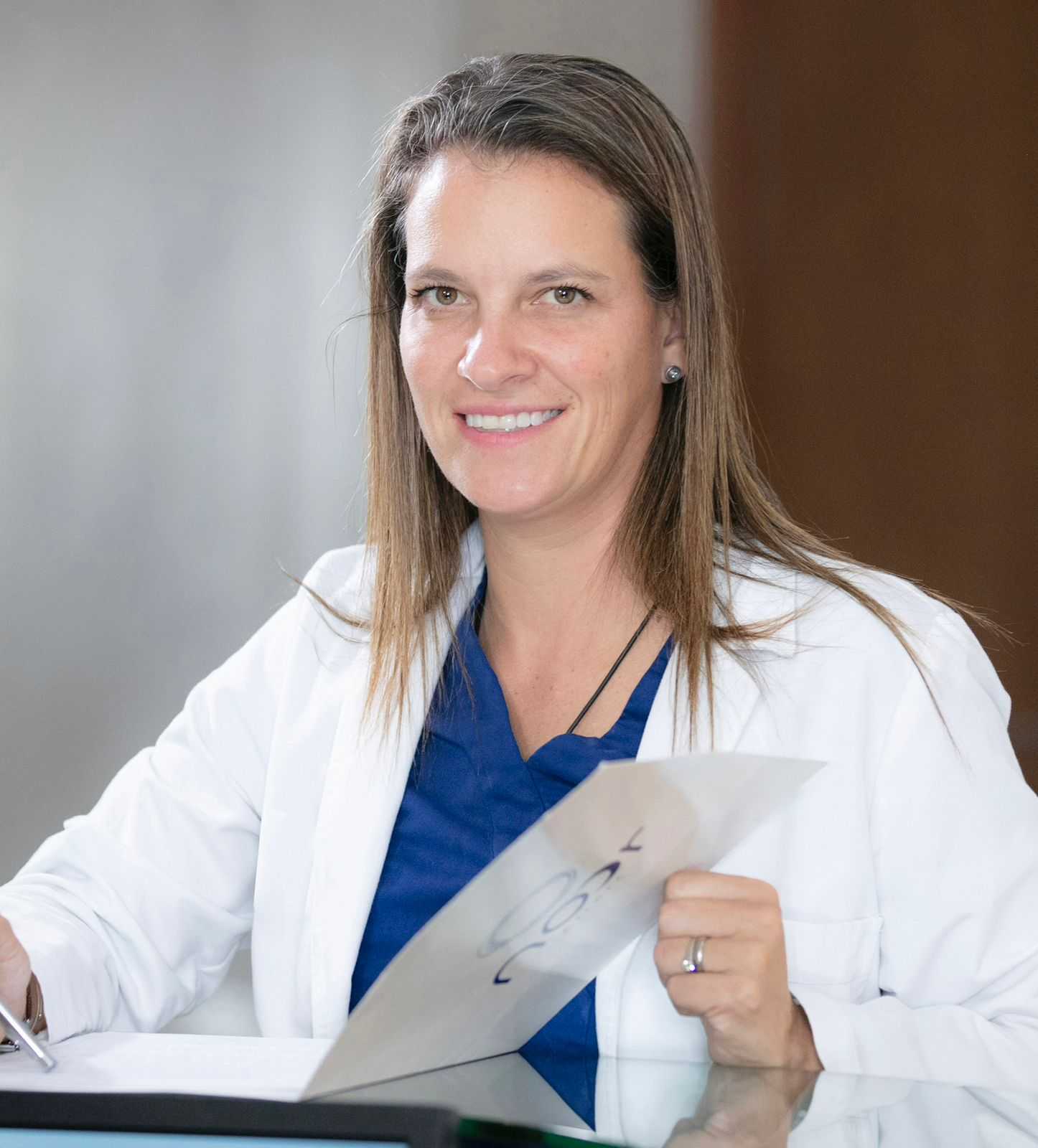
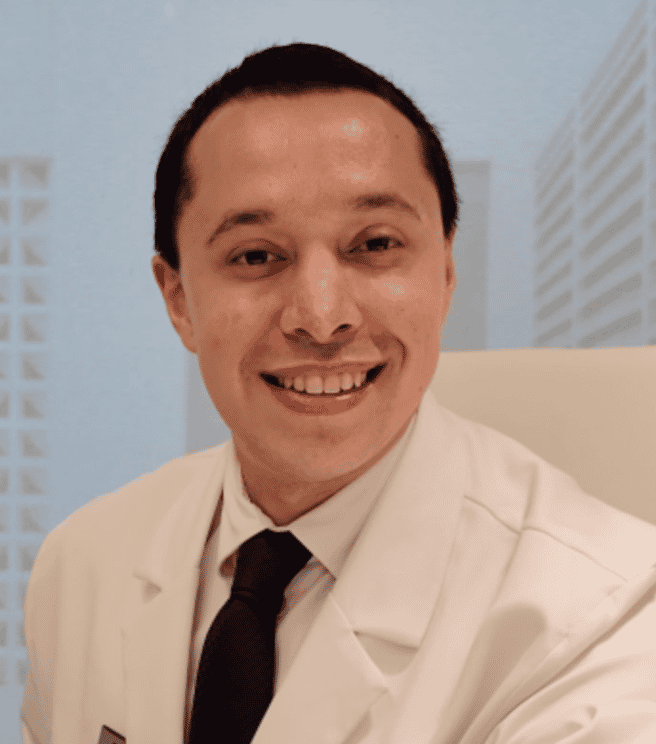

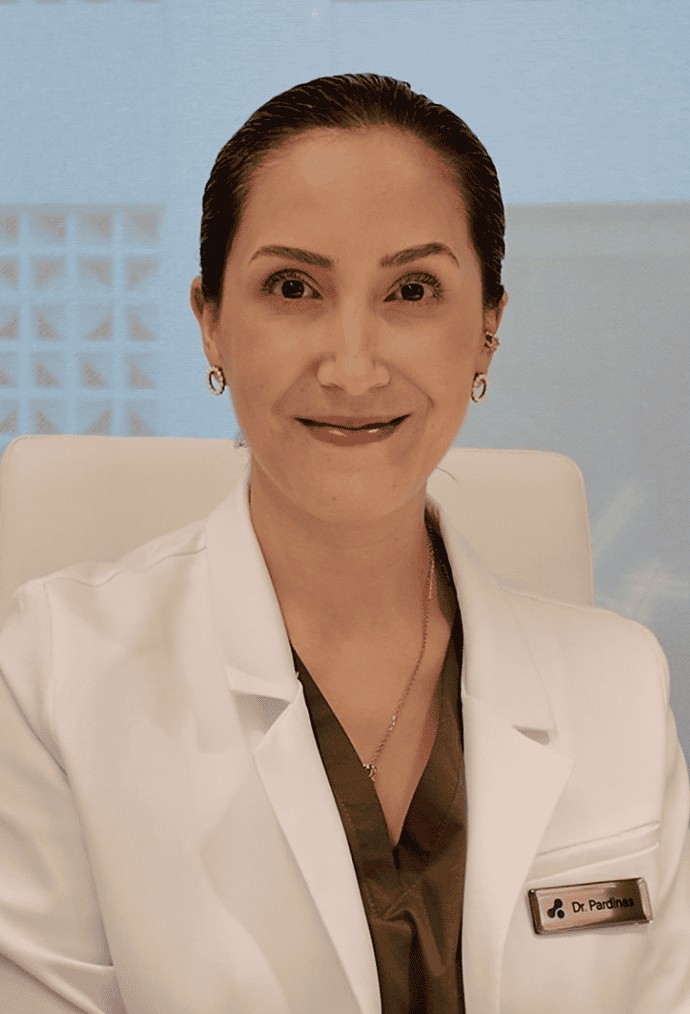
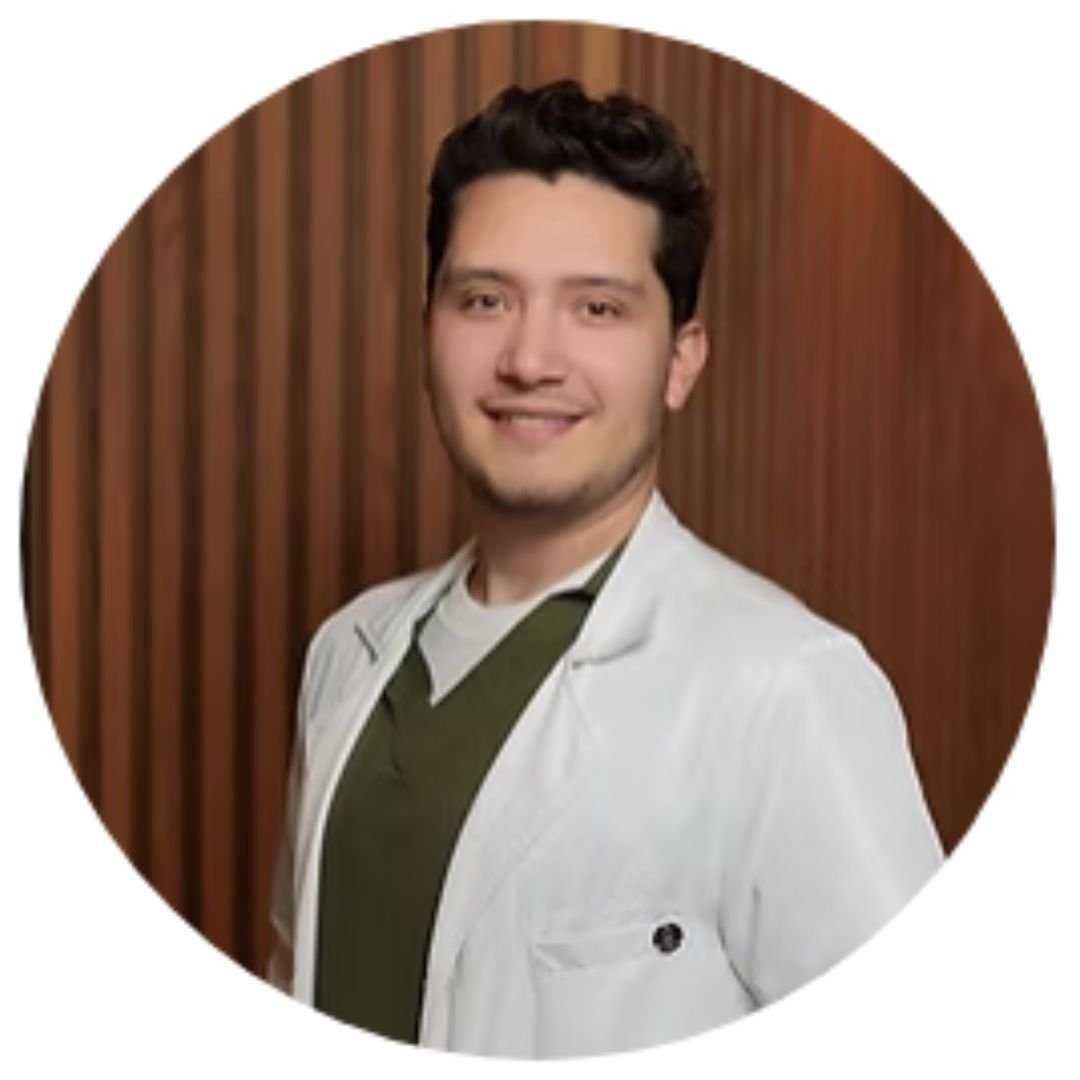
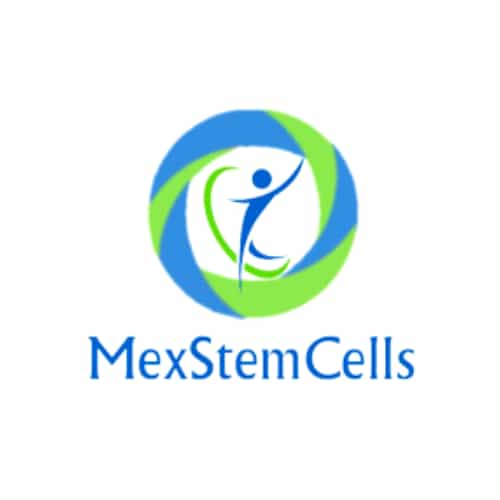
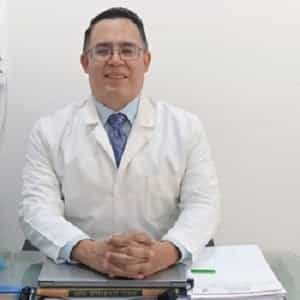
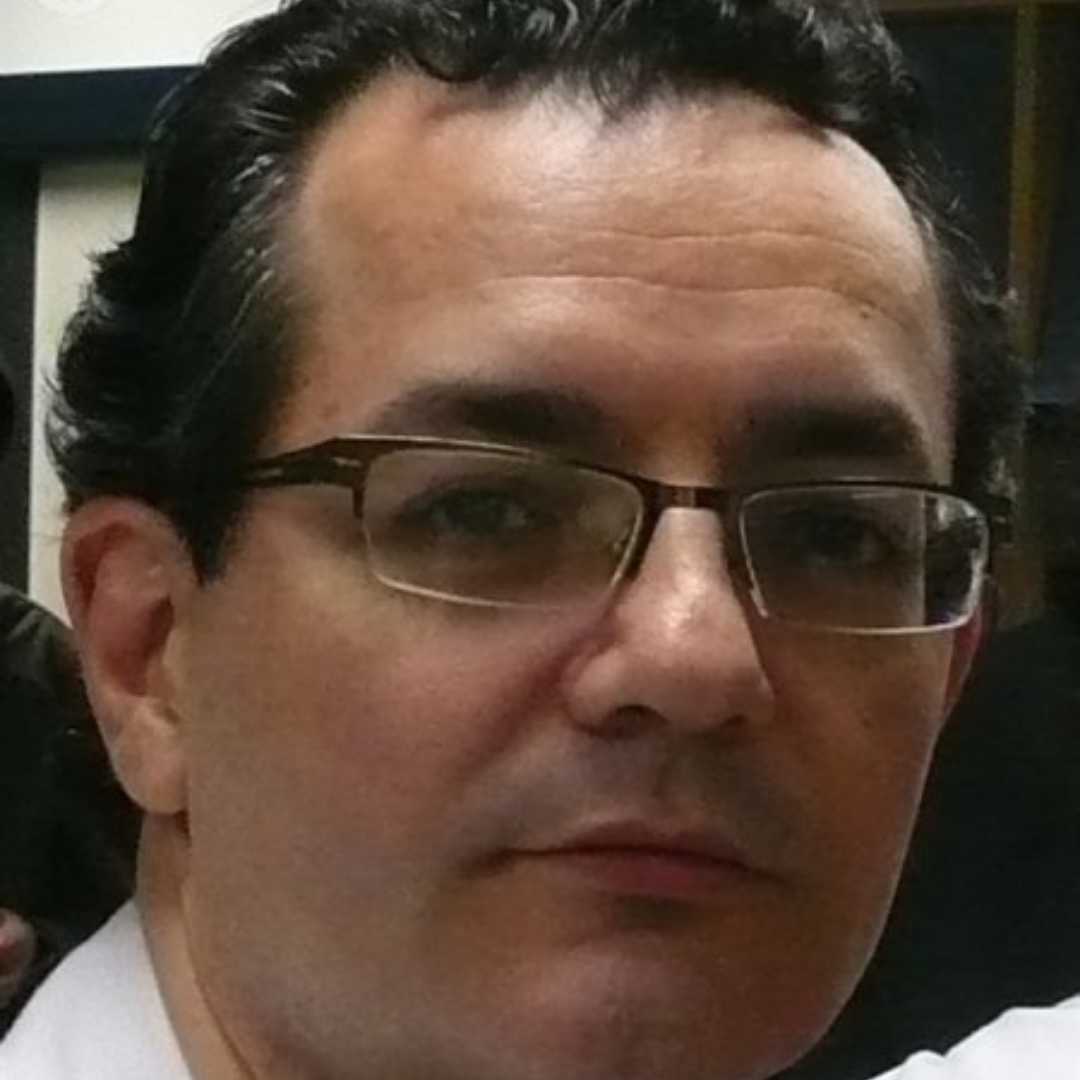
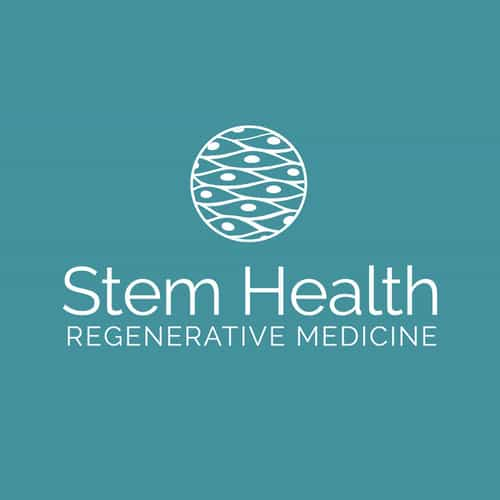
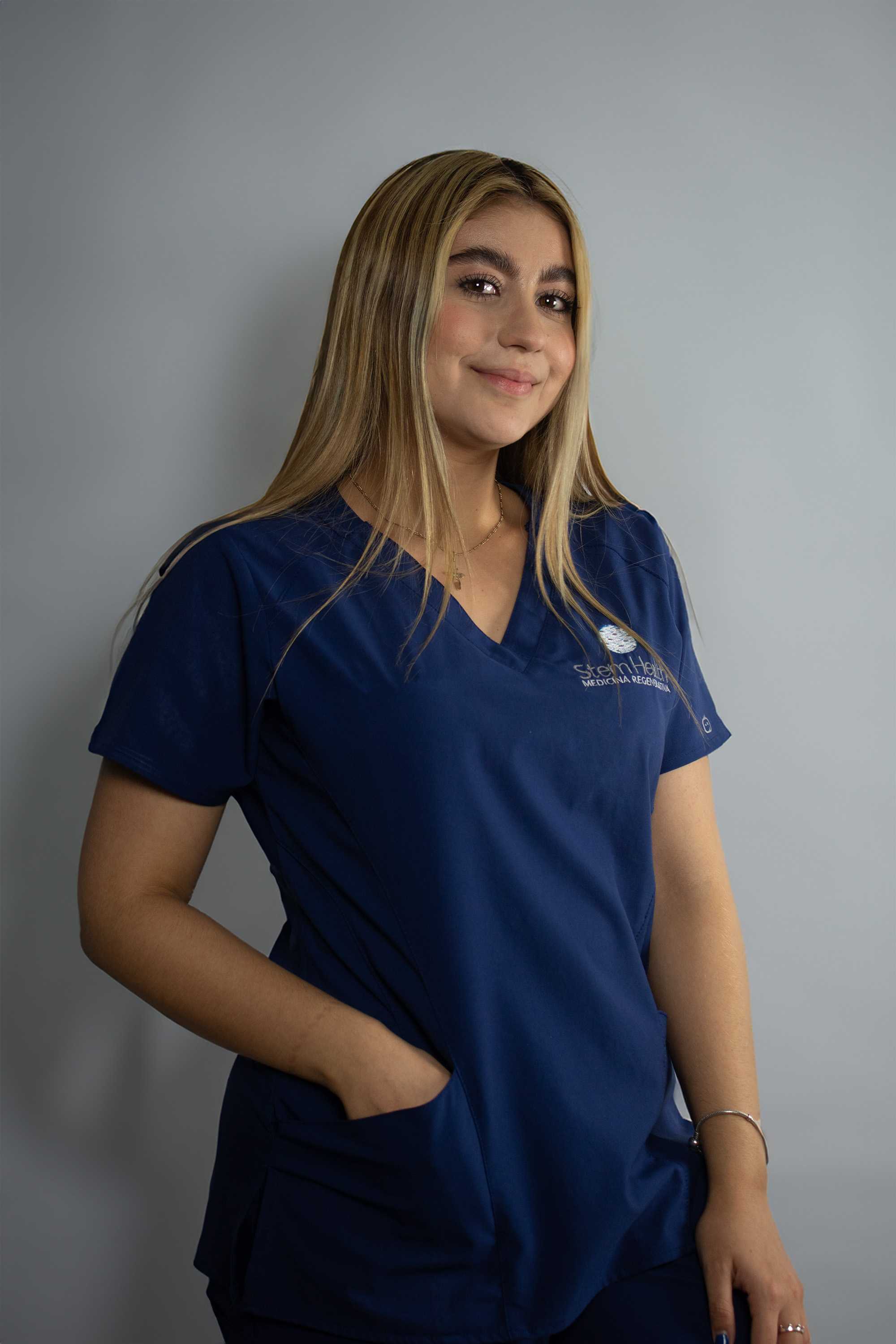
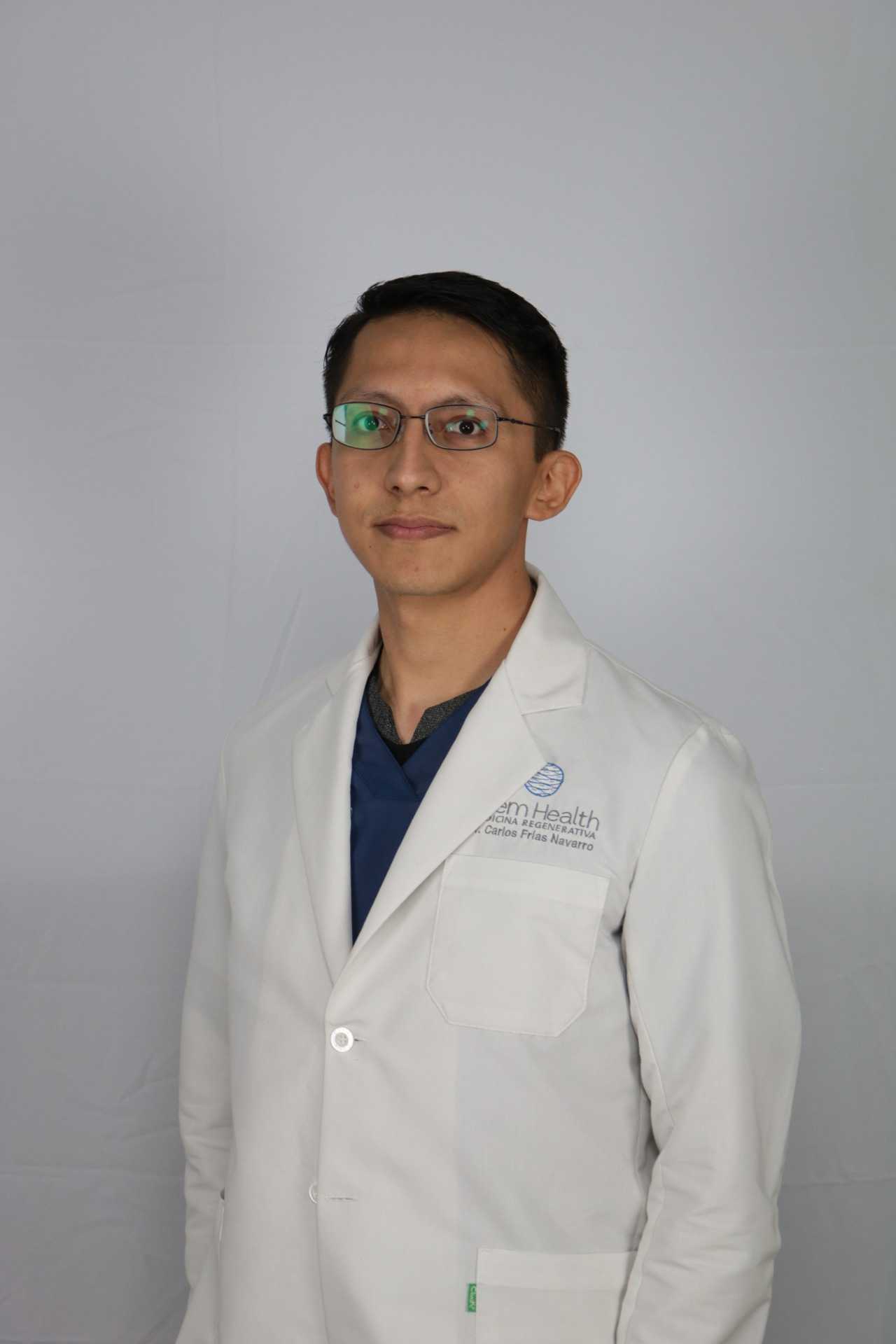
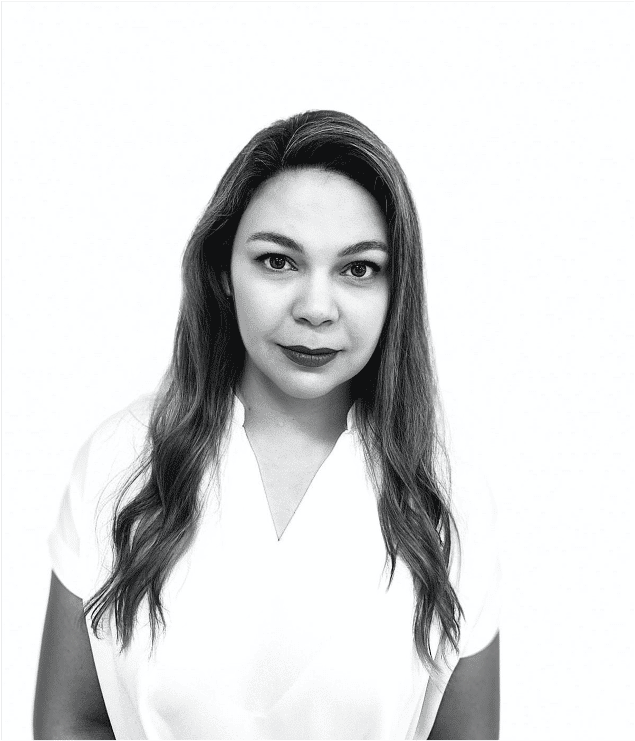
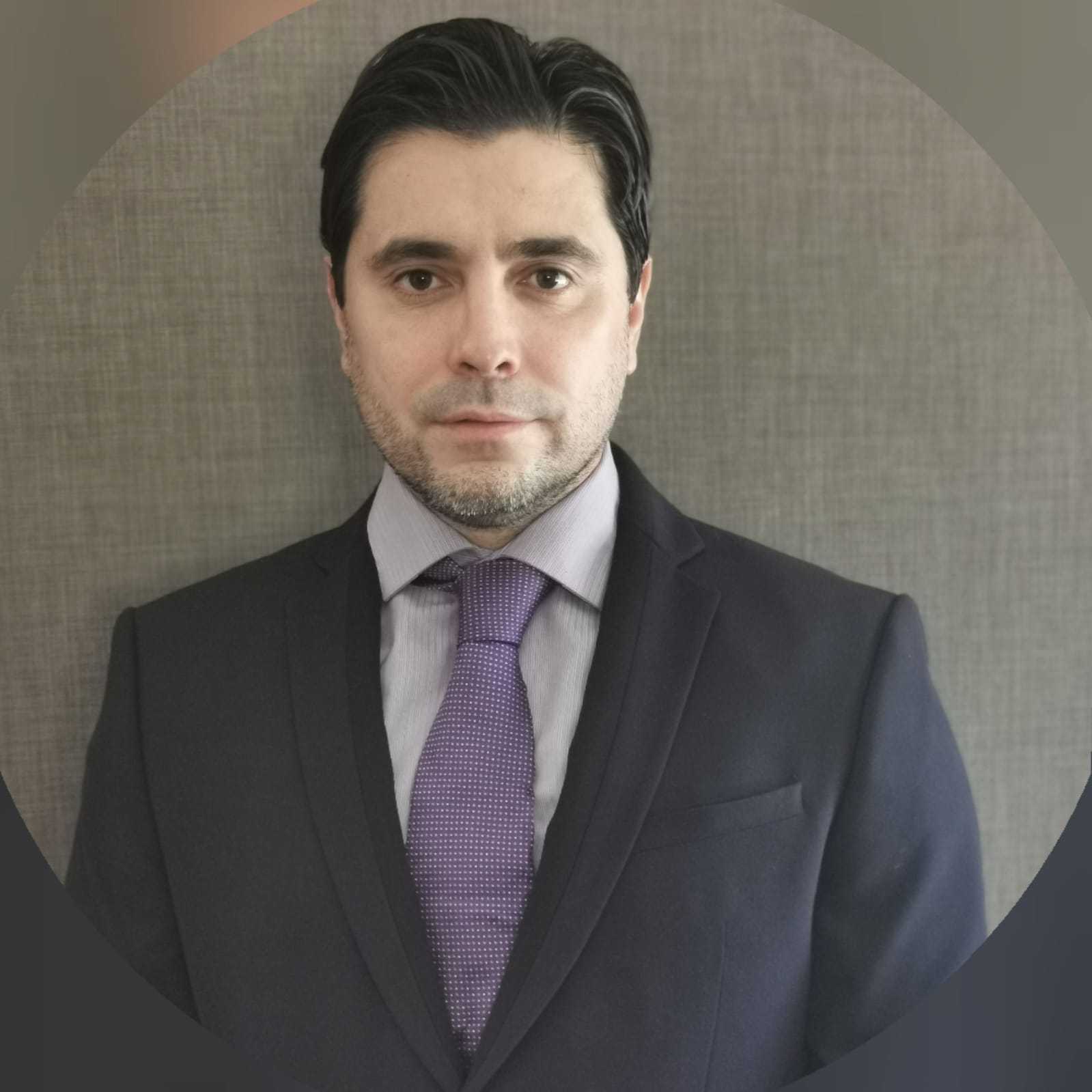
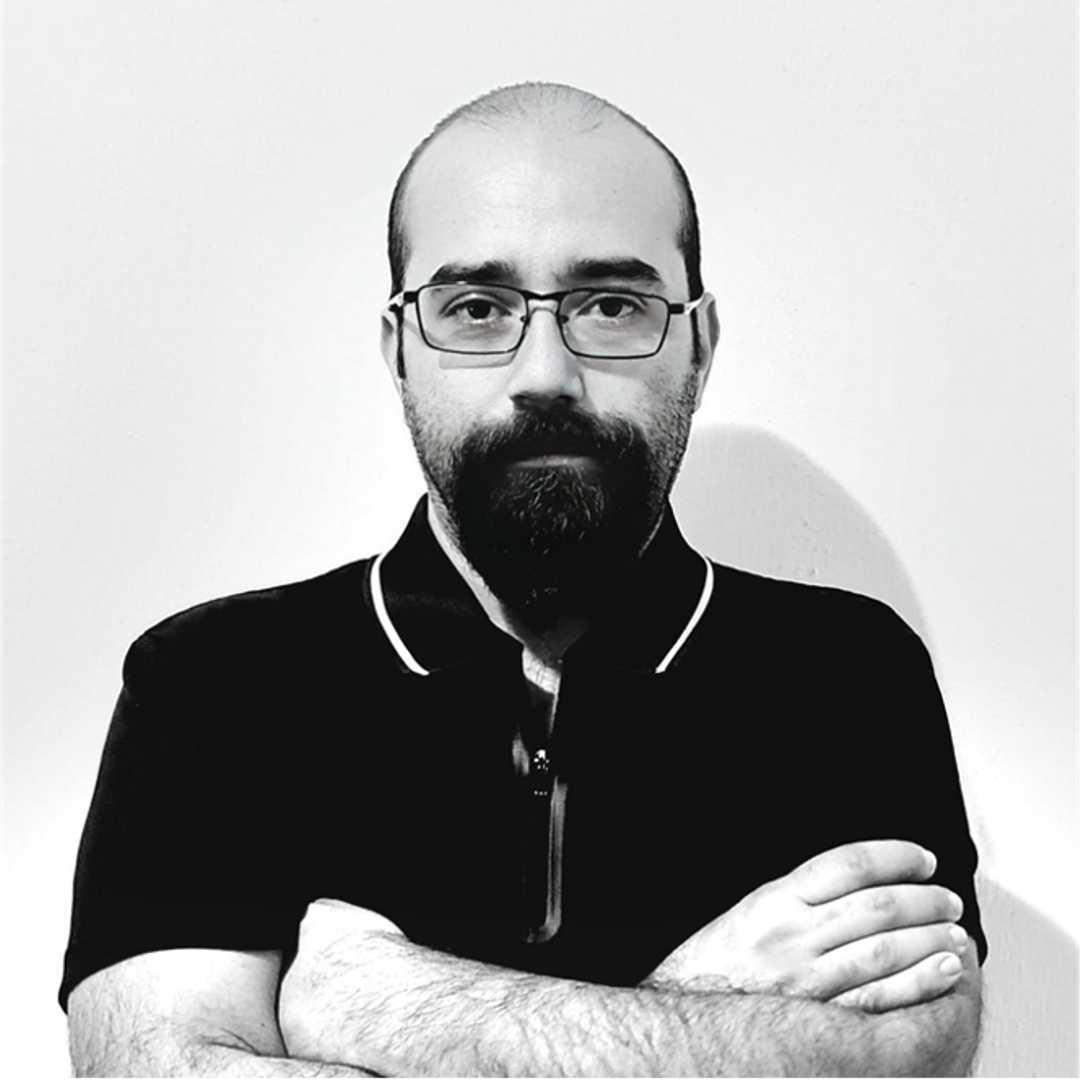
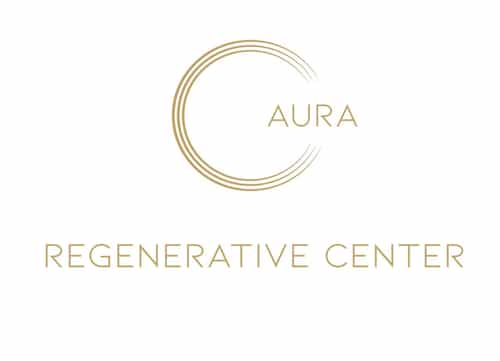

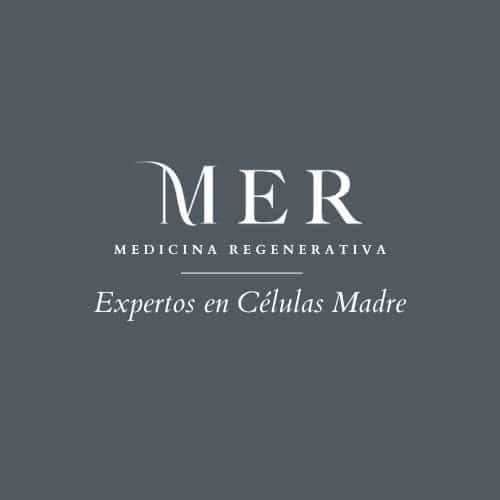
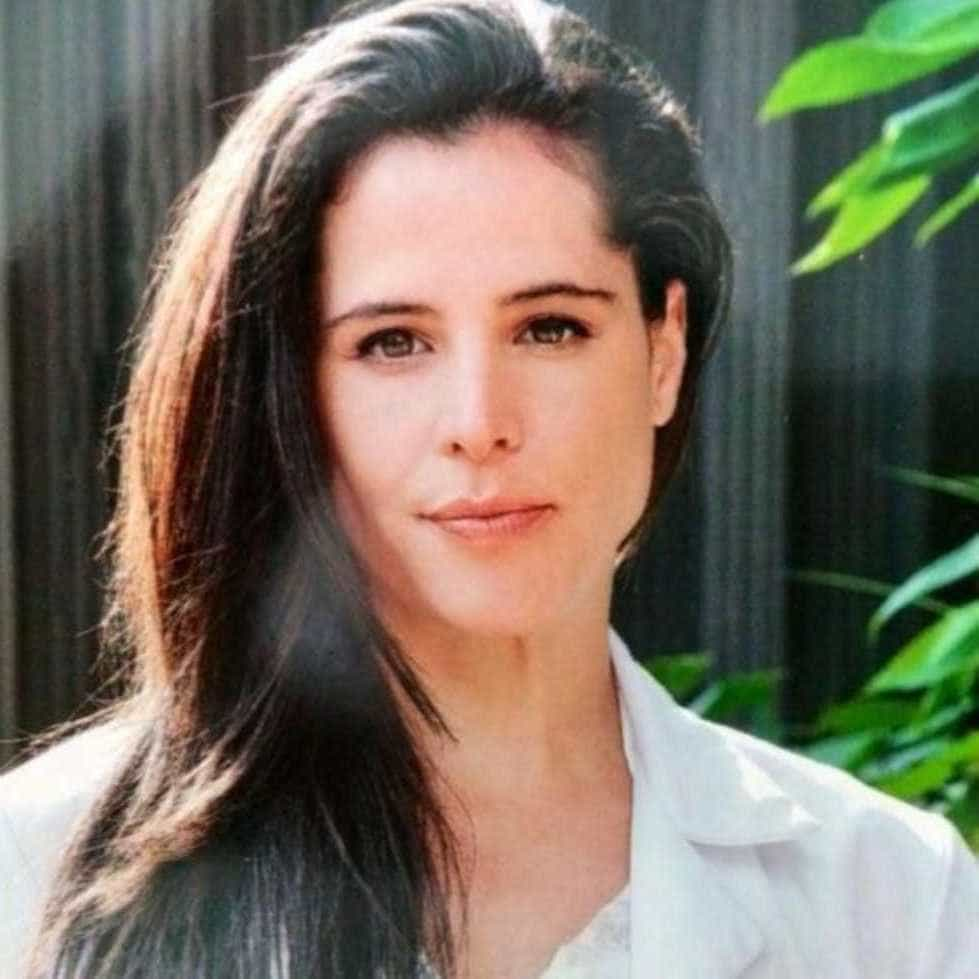
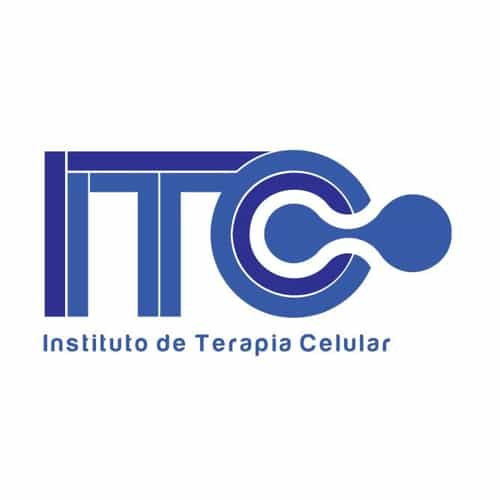
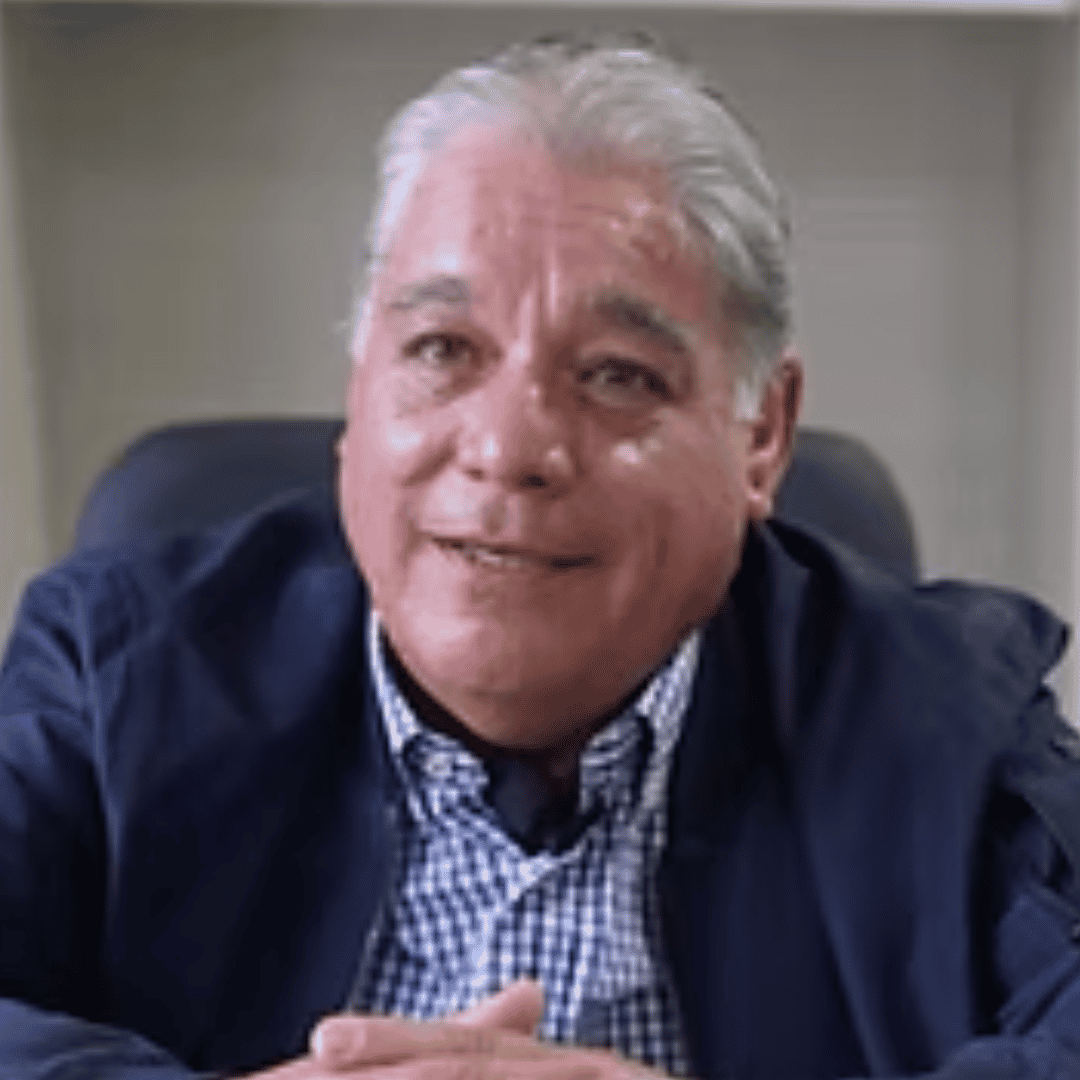
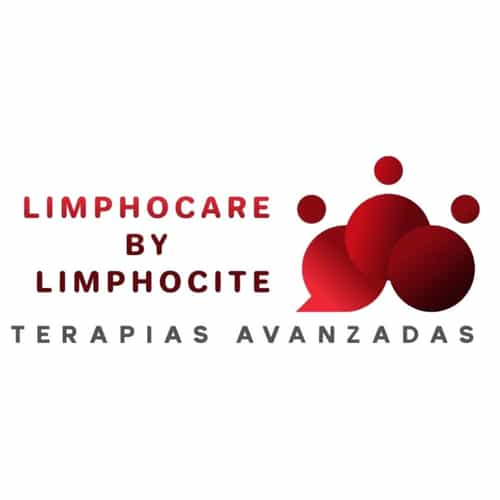
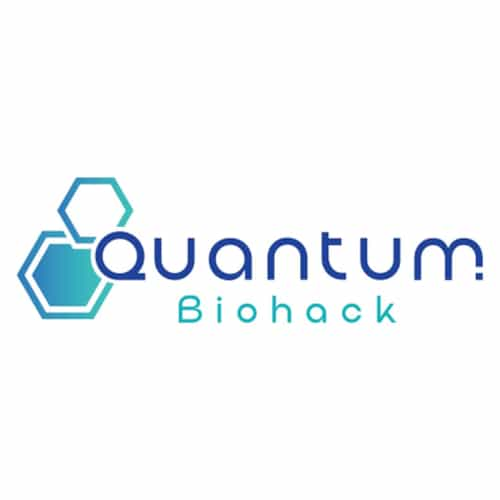
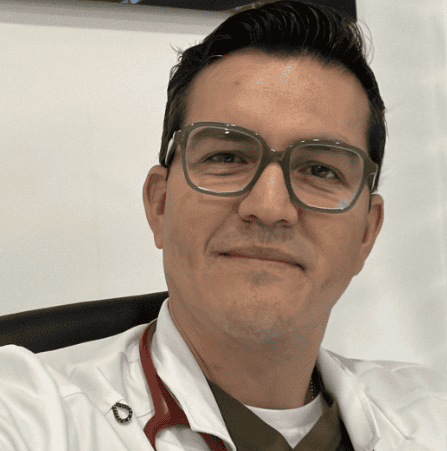
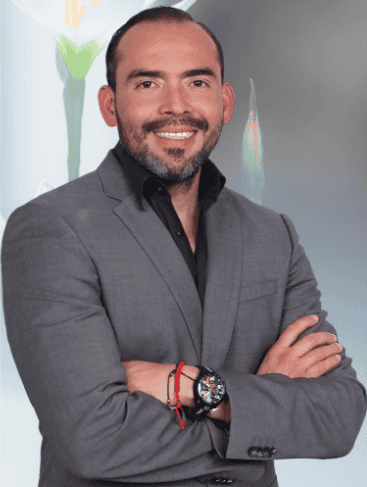
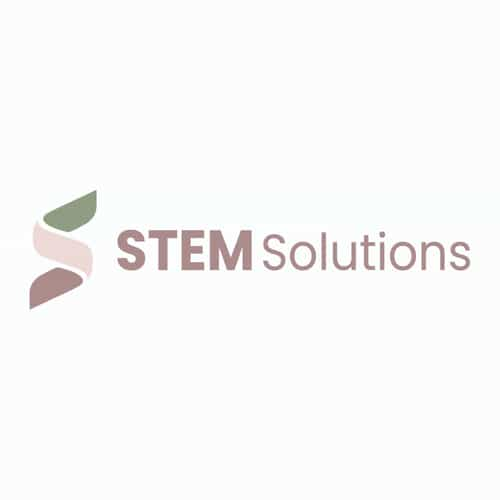
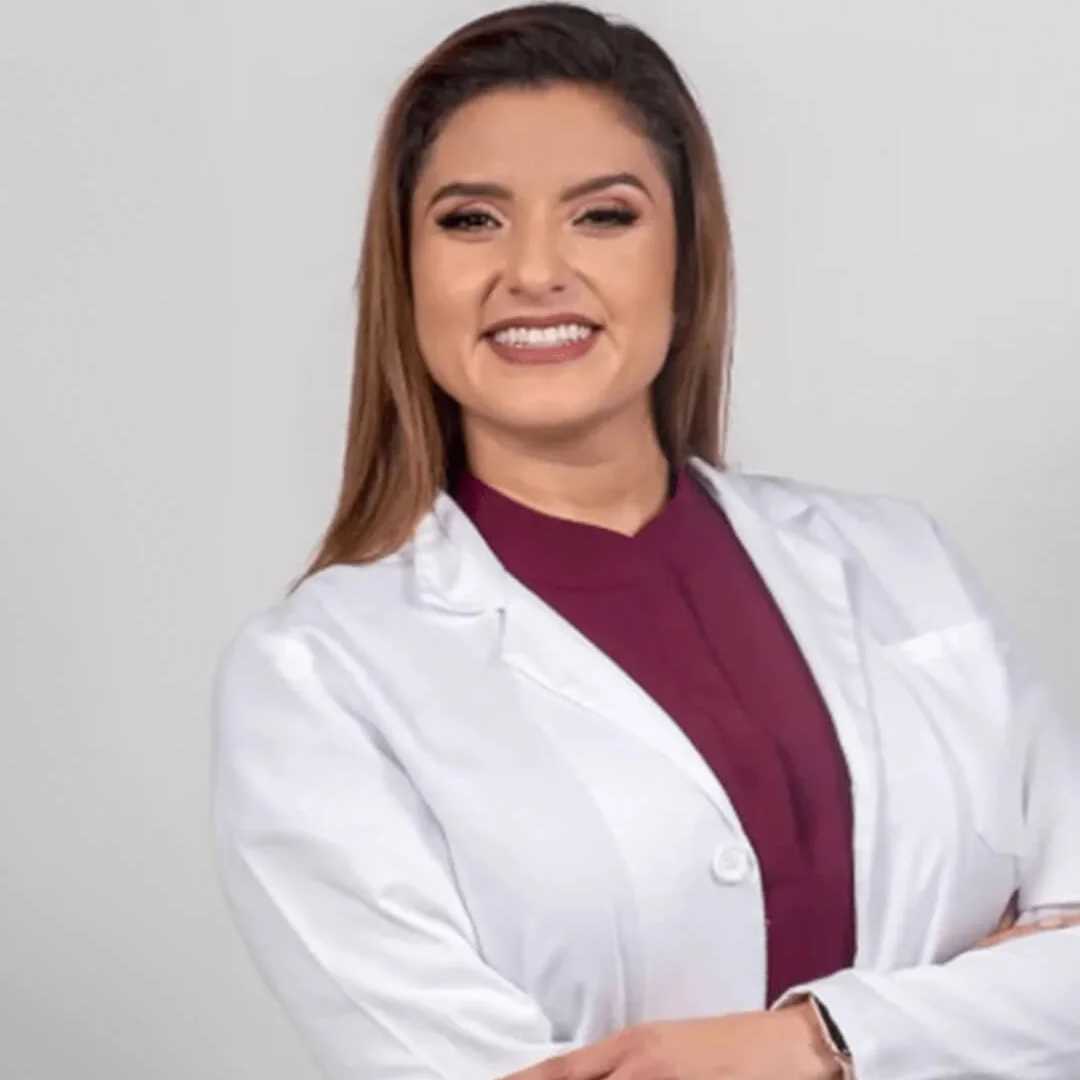
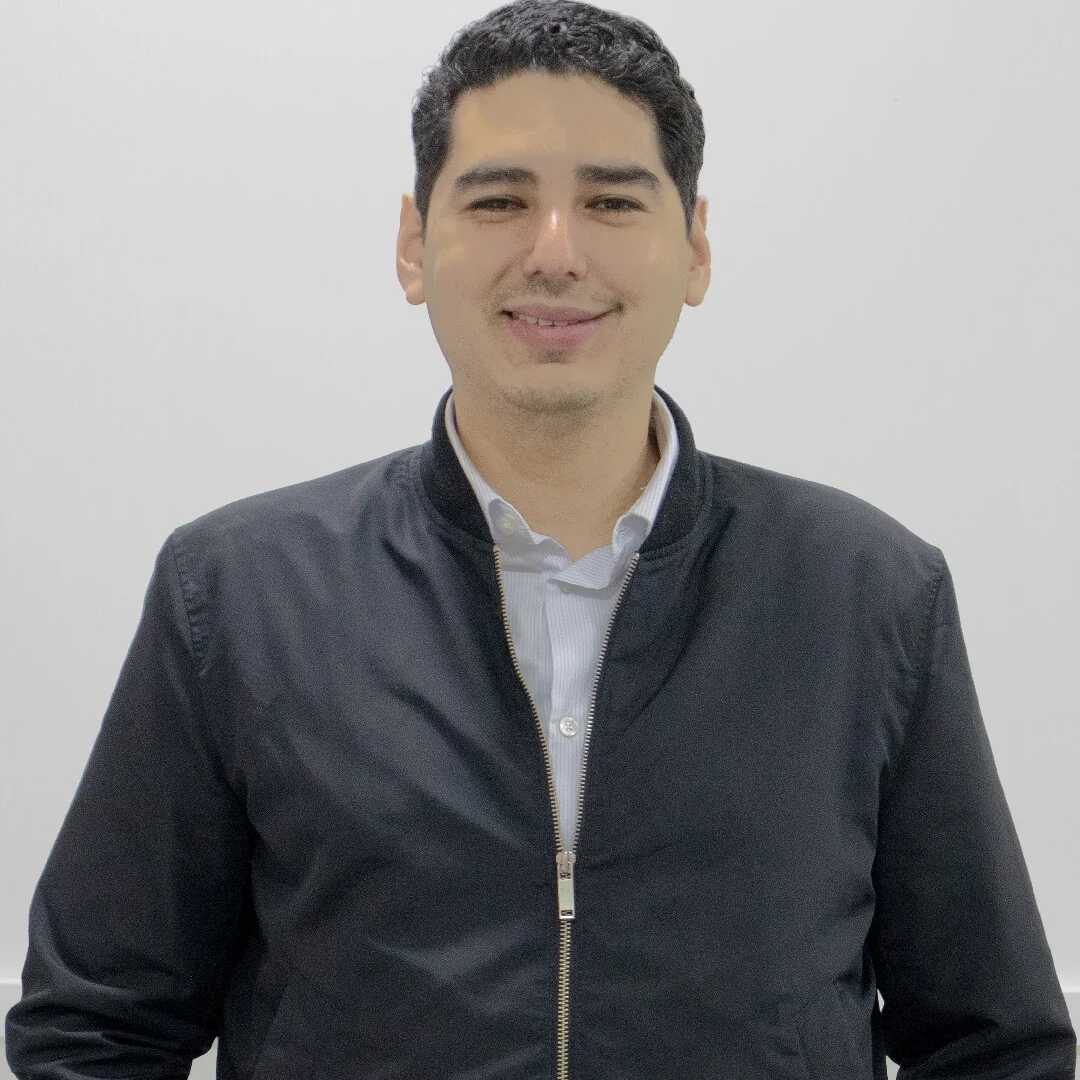
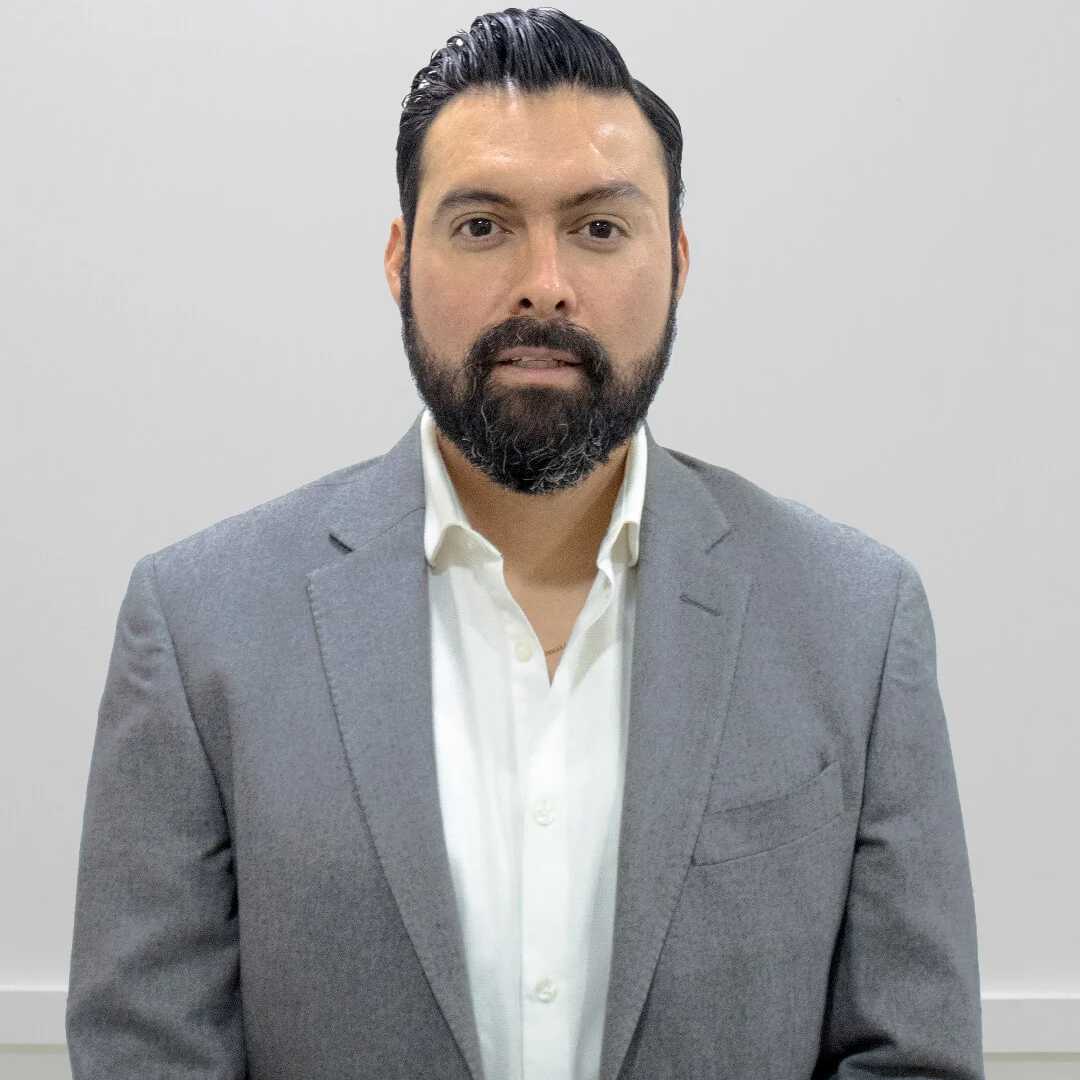
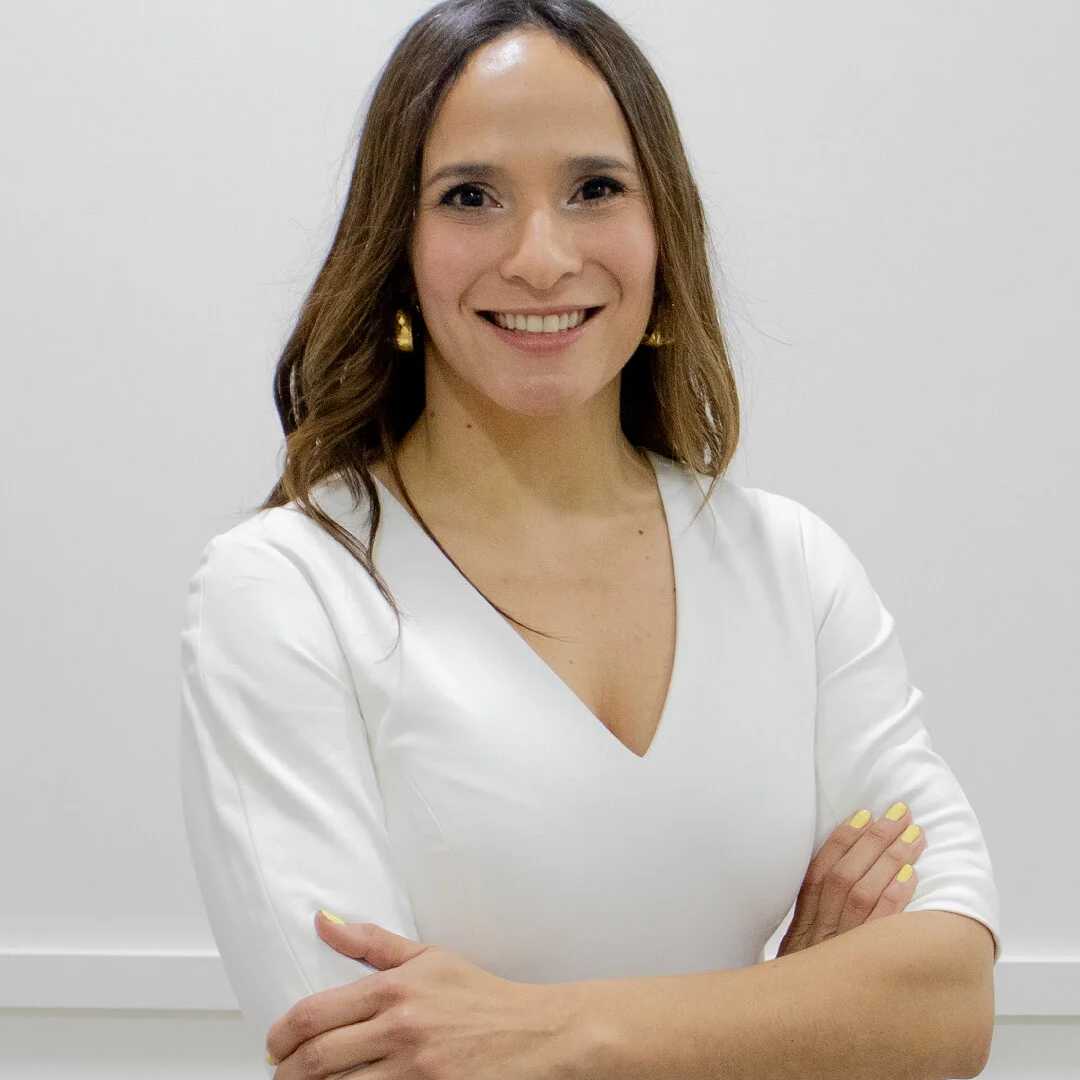
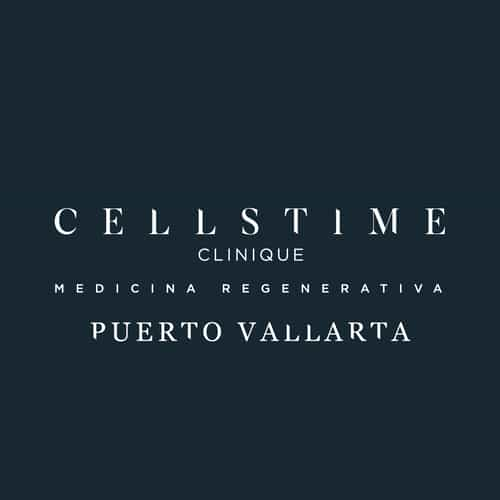
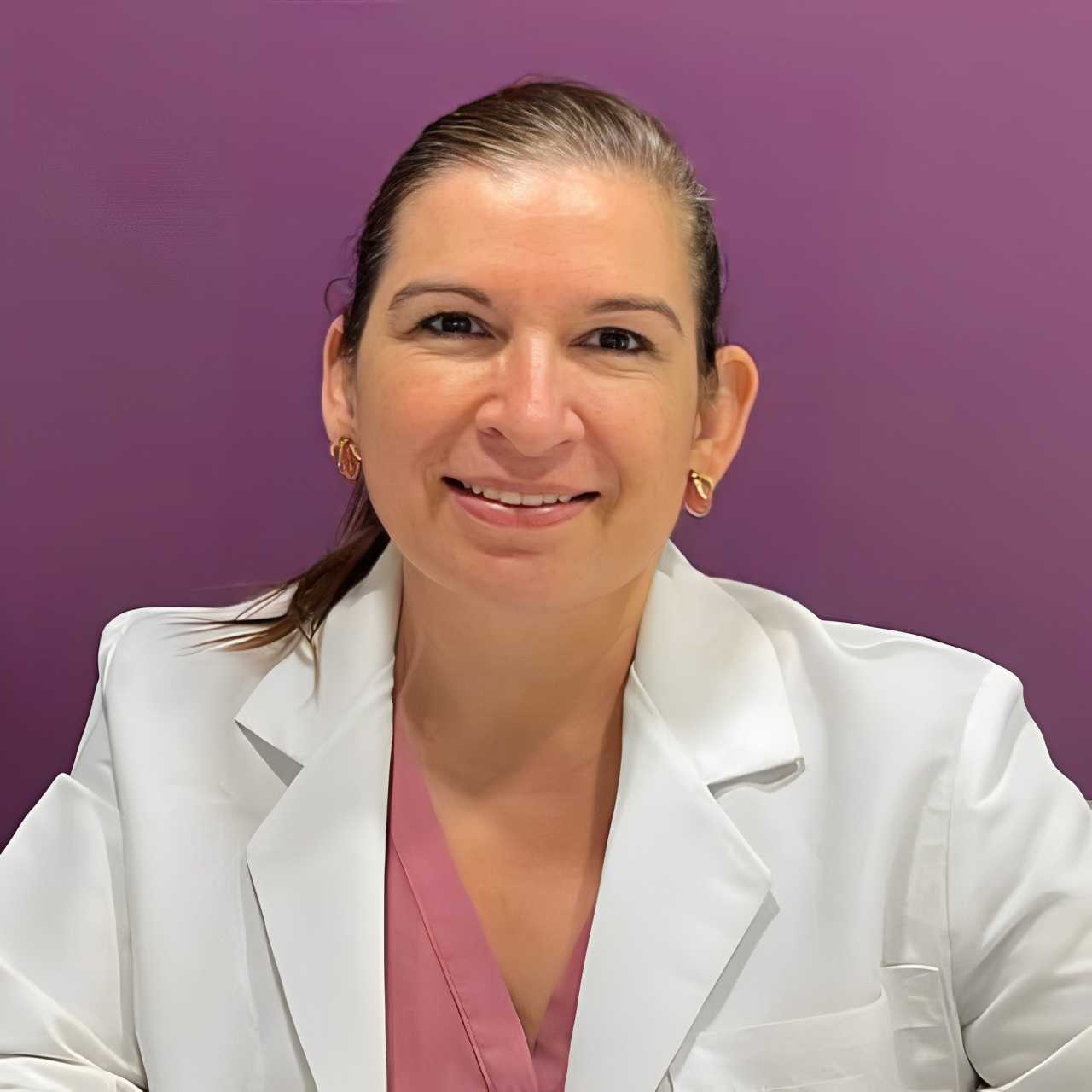
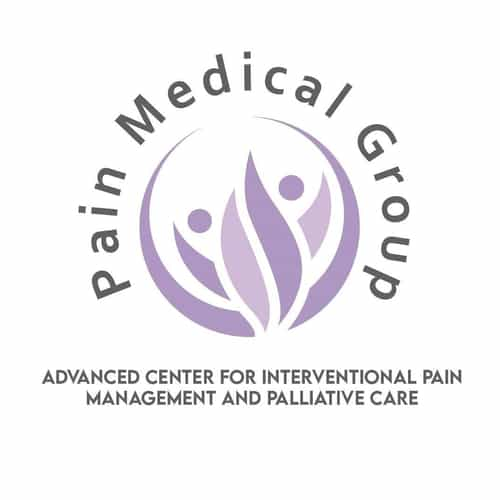
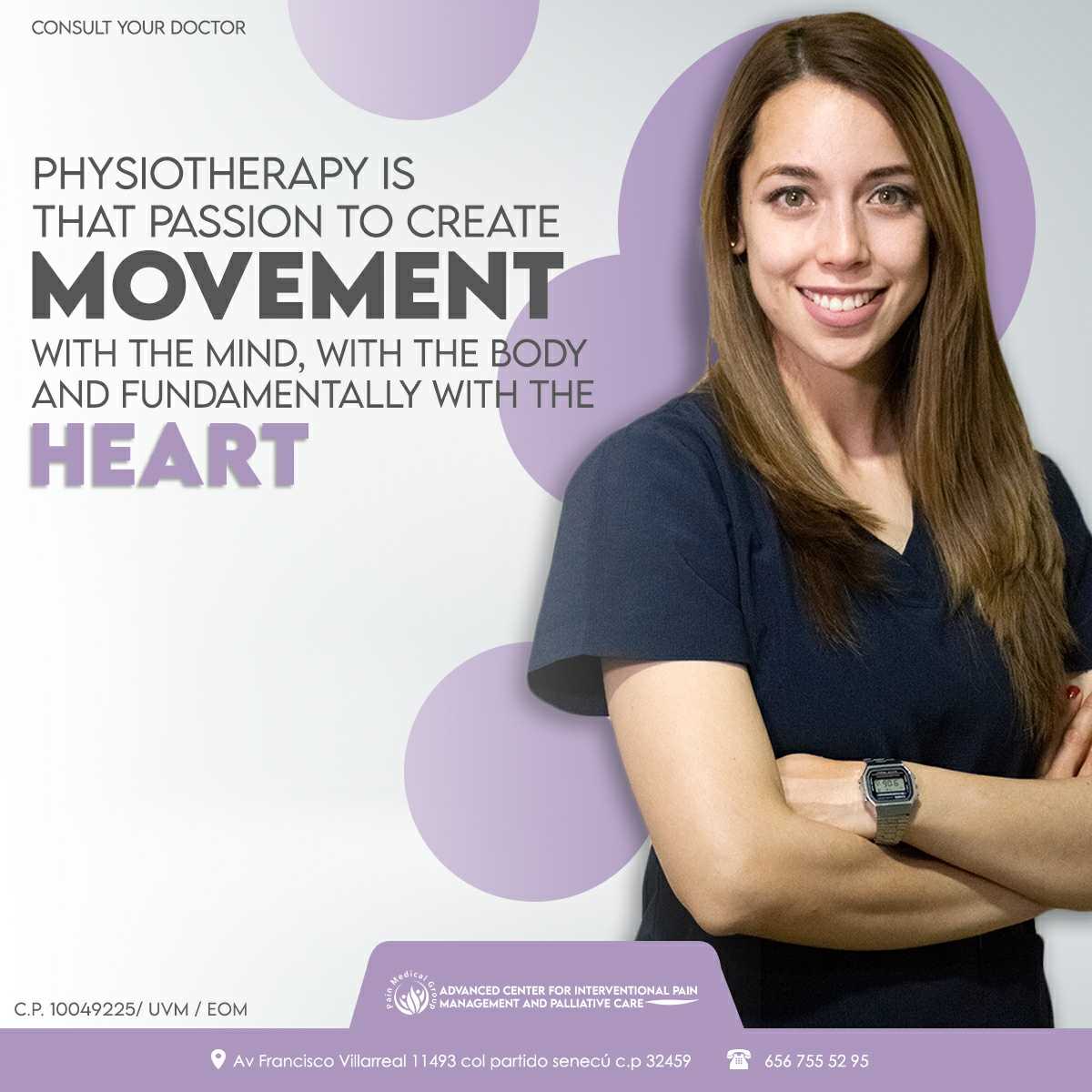
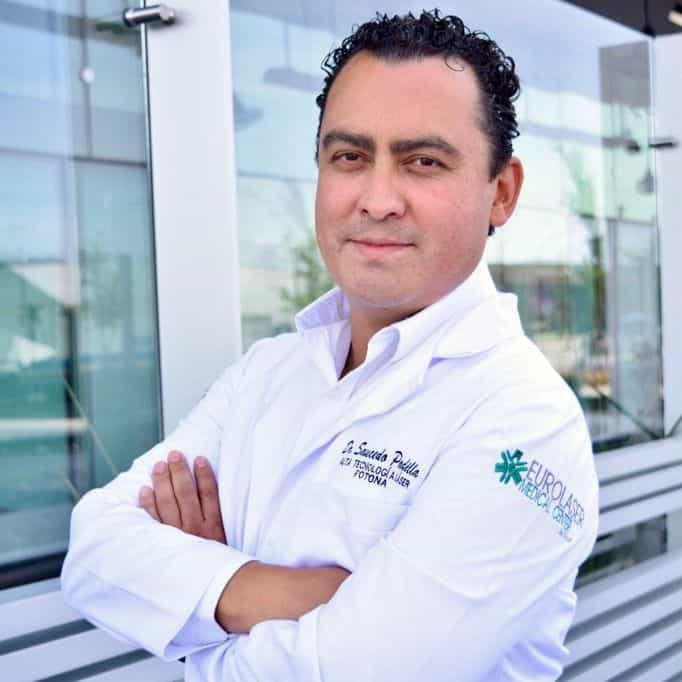
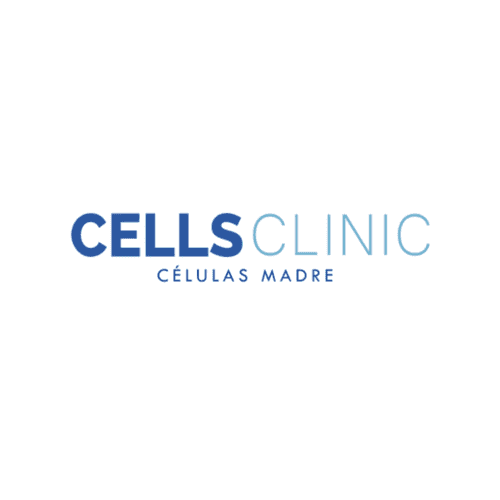
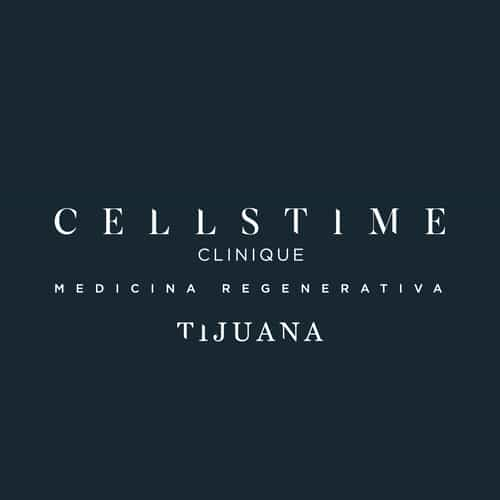
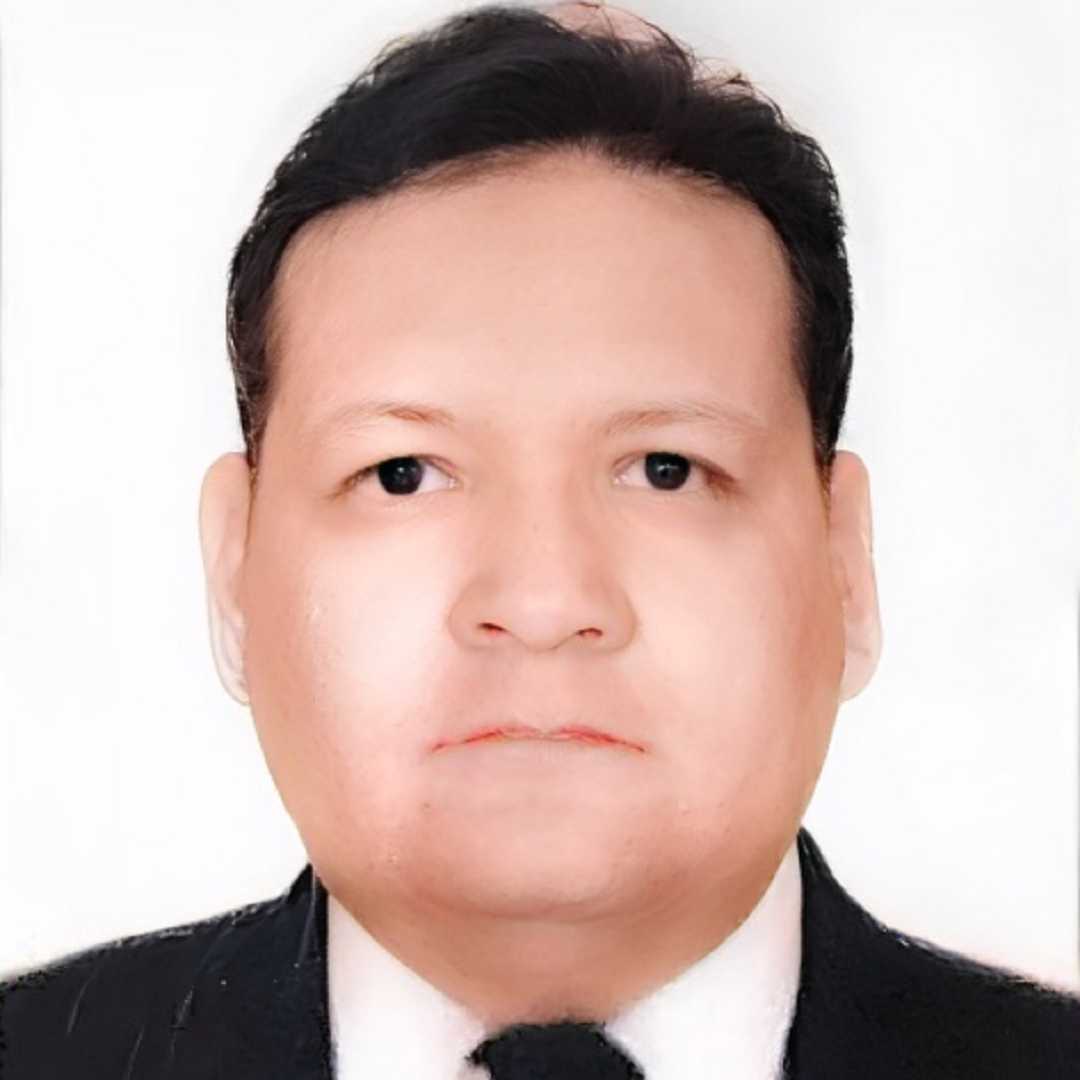

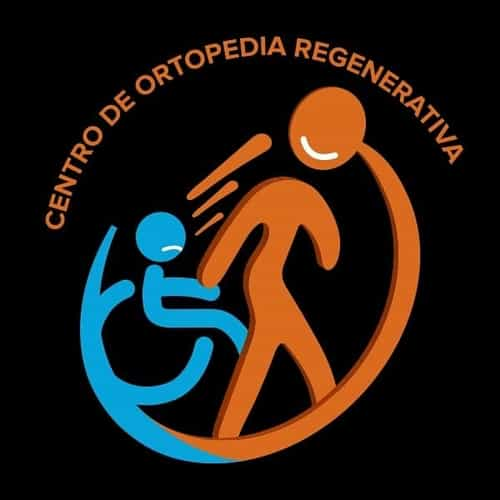
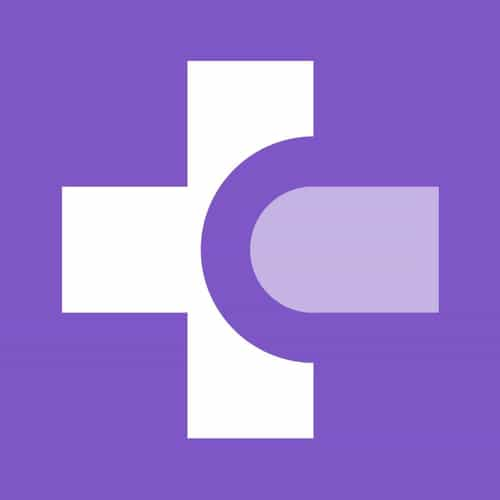
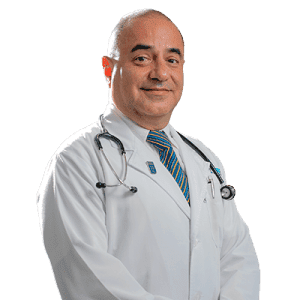
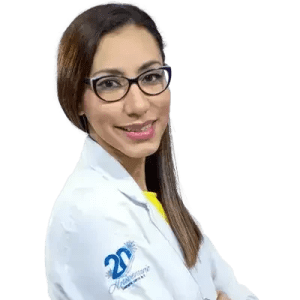
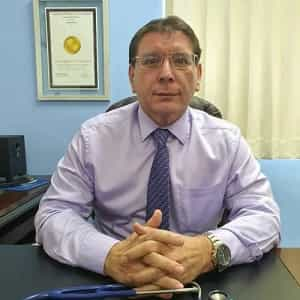

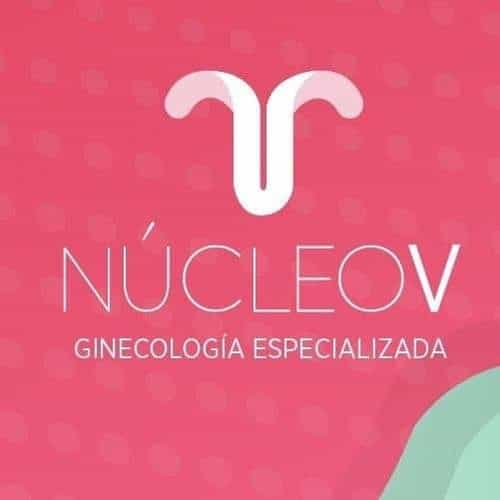
.png)
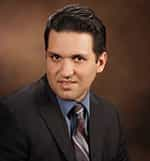
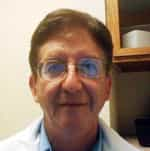


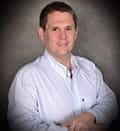






.png)
.png)
.png)
.png)

This wasn’t an expense—it was an investment in my life.
Read More